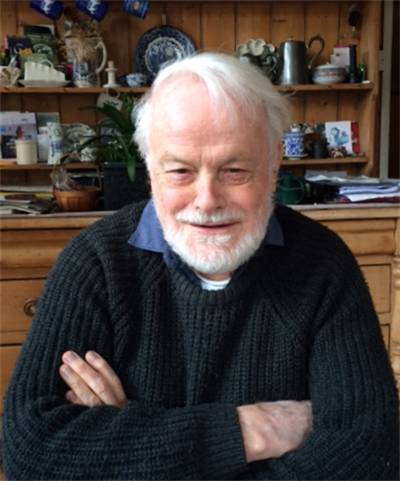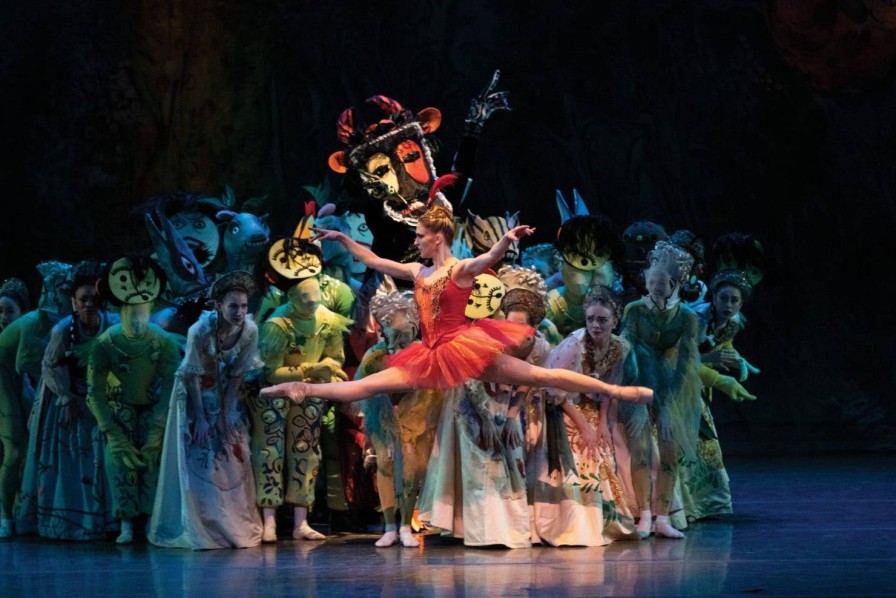Russia’s battle with its past
A new history by a former British diplomat tackles the myths and realities.
NBR columnist Nevil Gibson speaks with Fiona Rotherham.
A new history by a former British diplomat tackles the myths and realities.
NBR columnist Nevil Gibson speaks with Fiona Rotherham.
In the closing years of the 17th century, Peter the Great of Russia – then in his early 20s and secure on the throne – took an entourage of 250 on a ‘Grand Embassy,’ a voyage of discovery to Western Europe.
He wanted to test his knowledge of Western technology and methods of government against the reality. He visited the King of Prussia and Augustus II of Poland, making military deals with them.
In England he met King William III, and inspected dockyards, factories, schools, museums, arsenals, and the Parliament. He rented premises from John Evelyn, the diarist, but trashed it. He tried, and failed, to gain British support (with Holland) for an alliance against Turkey, Russia’s main foe to the south. In Holland, he worked briefly as a carpenter in a shipyard. He also wooed experts to come back to Russia.

Sir Rodric Braithwaite.
While his visit was cut short by a rebellion in 1698, he realised the main purpose: to turn Russia into a visibly European country.
“He insisted that his courtiers wear European dress and forced them to shave the beards that Orthodoxy [religion] prescribed. He made their wives leave their secluded rooms and take part in the social life of the court.”
This is a quote from Sir Rodric Braithwaite’s Russia: Myths and Realities, a concise 270-page history (including indices) of an empire and nation that today is embroiled in Europe’s largest conflict since 1945.
Peter moved the capital from provincial and inland Moscow to what is now St Petersburg on the Baltic Sea. Among his creations were the first Russian university and a fully equipped modern military force, including a fledgling navy.
But not all Russians agreed with Peter’s modernisation and Westernisation: “… many others believed that Peter had set Russia on a false path, away from the values of the real Russia,” Braithwaite observes. That division remains today.
Peter embarked on several military campaigns in his 30-year reign. One – against Sweden, northern Europe’s hegemon – lasted 21 years before Russia’s ultimate victory at Poltava. That battle, in which Ukrainian nationalists fought on the losing Swedish side, is still a contentious issue today.
Peter’s successors waged further wars, mostly against the Turks, capturing Crimea and freeing the Balkan states in 1877-78. Earlier, Napoleon had been repelled from Moscow. In the Far East, Russia built a military base at Port Arthur in today’s China (Dalian), having seized it off Japan in the late 1890s.
This was a time when expansion of the Russian Empire was thought to be a threat to New Zealand, resulting in the building of major fortifications in coastal cities, such as Auckland’s Fort Takapuna. This was sparked by the so-called Great Game, which ended when Britain and Russia came to a settlement over Afghanistan’s borders in 1895.
Japan recovered from its defeat, seizing back Port Arthur in 1905, while sinking the Russian fleet and occupying the entire Korean peninsula. (After 1945, the Soviet Union was given permission to operate it again as a naval base.)

Fort Takapuna was one of several built in 1885 to repel the ‘Russia threat’.
Russia sided with France and Britain in World War I but lost much of its territory in the west to Germany, which helped Lenin to lead the Bolshevik revolutionaries in return for peace. Germany’s subsequent defeat and the Bolsheviks’ victory in the civil war restored Russia’s empire to its pre-war boundaries as the new Soviet Union.
World War II ushered in a new period of expansion as Stalin took back the rest of what had been lost and extended Soviet influence to the whole of eastern Europe with the exception of Finland and Austria as ‘neutralised’ states.
Preventing these Western democracies from join the Nato alliance remained a core Soviet policy throughout the Cold War and was revived by President Vladimir Putin to justify both his invasion of Ukraine last year and peaceful annexation of Crimea in 2014.
This brief history of the rises and falls in Russia’s expansion by conquest, under tsarist and communist regimes, is central to Braithwaite’s account. It also tracks the cycles of reform and repression as it has dealt with threats from inside and outside.
Braithwaite, a former British ambassador to Russia (1988-92), has a deep knowledge of the country and acknowledges his late wife Jill’s Russian-speaking abilities. He is the author of four previous books, including Across the Moscow River and Moscow 1941.
Apart from military exploits, Braithwaite covers Russia’s economic record and its cultural achievements. Economists in the post-Stalin era debated whether socialism could work without a market or private property. “But they were unable to agree on practical solutions acceptable to the politicians, who were still in thrall to ideological orthodoxy,” Braithwaite concludes.
Though it failed to match the West’s economic record, there’s no doubt of Russia’s ‘cultural superpower’ status. In literature, music, and art, Russia’s peasant tradition gave it a “unique pungency, unmatched in European high culture elsewhere,” Braithwaite asserts. Writers such as Pushkin, Chekhov, Dostoevsky, Tolstoy, Gogol, and Turgenev astounded the West when their works were translated at the beginning of the 20th century.
The operas of Glinka, Borodin, Mussorgsky, and Rimsky-Korsakov exploited historical themes, while Stravinsky’s ballets Firebird, Petruska, and The Rite of Spring had similar origins. Russia’s traditional painters rivalled those in the West, as did the avant-garde artists of the early 20th century such as Chagall and Kandinsky.

Stravinsky’s Firebird is part of every ballet company’s repertoire.
Braithwaite notes modern Russian culture was “unmistakably clothed in European forms … But it introduced an exceptional degree of originality spiced with the exotic. Russia became a defining contributor to the richness of European culture.”
That changed in the Soviet era, when only a handful of writers (Pasternak, Bulgakov, Solzhenitsyn) and composers (Prokofiev, Khachaturian, Shostakovich) gained due recognition, often at great personal expense.
Braithwaite’s concluding chapter on Putin’s rewriting of Russian history and the country’s loss of identity emphasises the failure of socialism to produce the promised ‘glittering future’.
“How had it gone so terribly wrong?” he asks. “Was there something innately flawed in Russia’s history and the character of its people?”
Three key questions demanded answers: Can Russia escape its authoritarian and imperial traditions? How would it adapt to the globalising world of the 21st century? How should it relate to its closest neighbours claiming similar descent, Ukraine and Belarus?
Putin’s invasion emphatically rejected the path of becoming truly European and rejecting its imperial past. He has imposed a dreadful cost on both his own country as well as destroying much of Ukraine, pushing it into the arms of Nato.
“Consumed by his own myth, he has condemned his country to widespread ostracism and an indefinite postponement of its chances of becoming ‘normal’,” Braithwaite laments. It’s a conclusion that remains temporary, as the next episode of Russia’s history is mired in yet another conflict with an uncertain outcome.
 Russia: Myths and Realities, by Rodric Braithwaite (Profile Books).
Russia: Myths and Realities, by Rodric Braithwaite (Profile Books).
Nevil Gibson is a former editor at large for NBR. He has contributed film and book reviews to various publications.
This is supplied content and not paid for by NBR.
Sign up to get the latest stories and insights delivered to your inbox – free, every day.